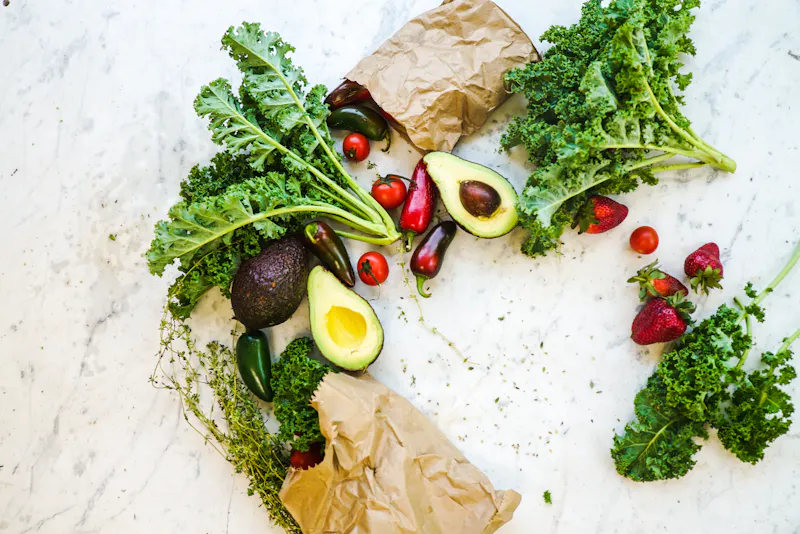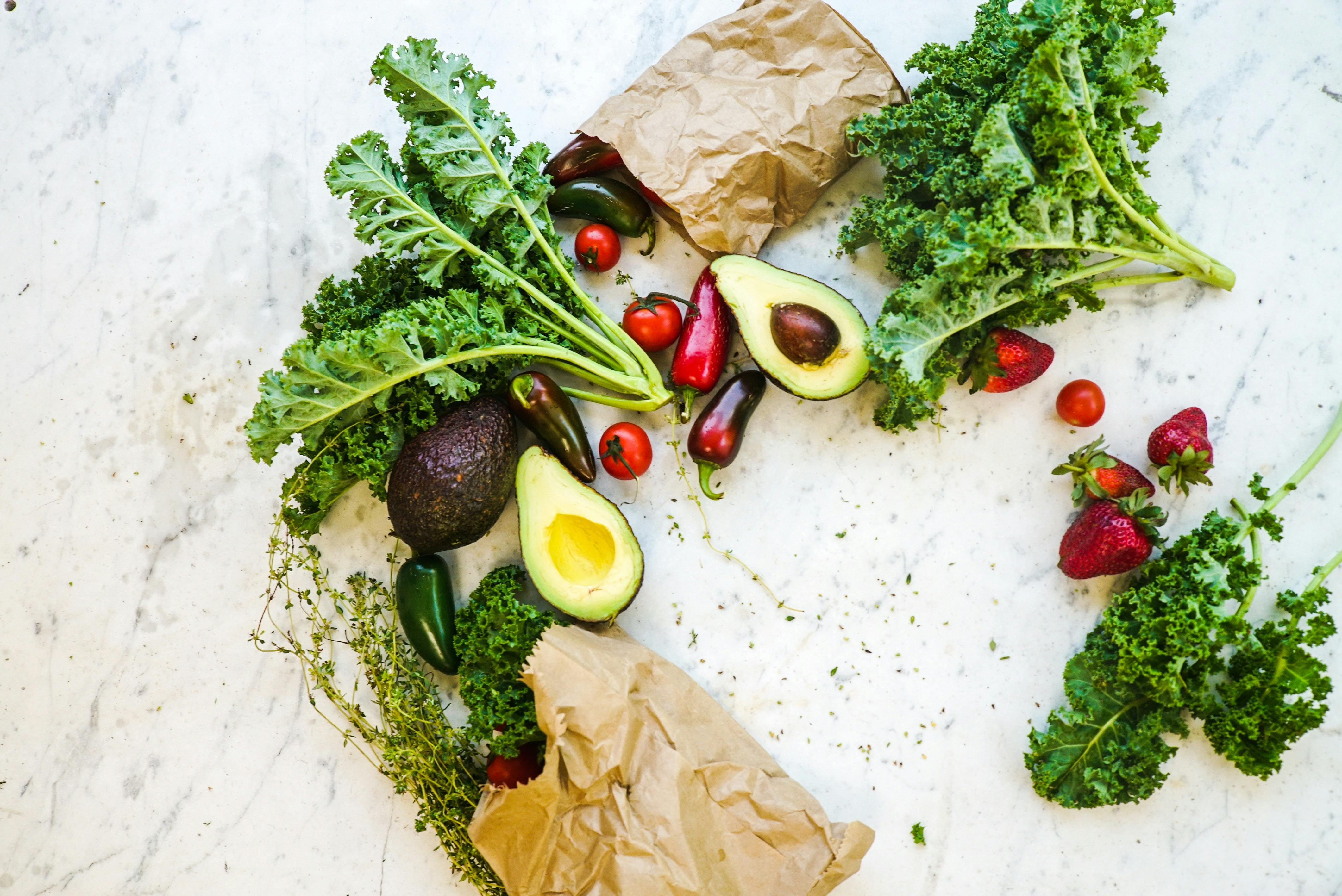Taking care of your gut-brain connection


The connection between your gut and brain is incredibly complex. Researchers are still connecting the dots but the evidence on the effects of stress on your gut (and vice versa) is building every day.
What is your gut-brain axis?
Your gut and brain can communicate directly with each other via an intricate network of nerves that work their way from your brain into your gut. This connection goes both ways:
- if you’re feeling stressed it can affect your gut — for example, the link between chronic stress and IBS
- if your gut is acting up it can affect how you feel — for example, the link between “bad” microbes in your gut and anxiety
Because they’re so intricately connected, it can be hard to pinpoint whether it’s your brain causing any symptoms or if your gut is acting up. So if you are struggling with gut issues, you usually have to hit this connection from a few angles. A lot of specialists recommend two things: mindfulness and a diet that supports your microbiome (the ecosystem of microbes that live in your gut).
Mindfulness and gut health
There’s a lot of buzz surrounding mindfulness. And for good reason! If you’re going to take anything away from this, mindfulness isn't a fad. The evidence supporting the benefits of mindfulness is pretty solid and growing. Plus it’s something you can do for free (or very cheaply) that only takes a few minutes — and the effects can be profound.
Mindfulness-based practices like yoga or meditation focus on deep breathing and being present — which kickstarts your parasympathetic nervous system. This system slows down your heart rate, helps you to relax, and promotes digestion. This is why it’s often referred to as your rest and digest system.
Diet and gut health
Eating a diet high in dietary fibre is key — guidelines recommend aiming for 30g a day.
Fibre-rich foods include:
- whole grains
- fruits
- vegetables
- nuts
- seeds
- pulses

If you currently don’t eat a lot of fibre, increase your intake slowly and make sure to drink enough water.
Also, choosing fibre-rich foods that contain a specific type of fibre called prebiotics can really help. Prebiotics are the non-digestible parts of food that feed the microbes in your gut — allowing them to flourish. You can find these in onions, garlic, leeks, artichokes, and asparagus.
The final point is to be mindful when you’re eating. Take your time and chew your food properly — digestion begins in your mouth.
Cryan, J. F., & O’mahony, S. M. (2011). The microbiome‐gut‐brain axis: From bowel to behavior. Neurogastroenterology & Motility, 23(3), 187-192.
Dinan, T. G., Stanton, C., & Cryan, J. F. (2013). Psychobiotics: a novel class of psychotropic. Biological Psychiatry, 74(10), 720-726.
Foster, J. A., & Neufeld, K. A. M. (2013). Gut–brain axis: How the microbiome influences anxiety and depression. Trends in Neurosciences, 36(5), 305-312.
Hofmann, S. G., Sawyer, A. T., Witt, A. A., & Oh, D. (2010). The effect of mindfulness-based therapy on anxiety and depression: A meta-analytic review. Journal of consulting and clinical psychology, 78(2), 169.
Smith, C., Hancock, H., Blake-Mortimer, J., & Eckert, K. (2007). A randomised comparative trial of yoga and relaxation to reduce stress and anxiety. Complementary therapies in medicine, 15(2), 77-83.